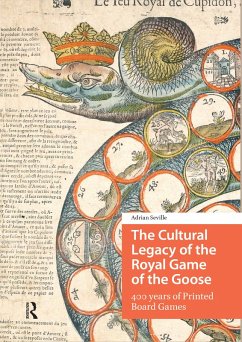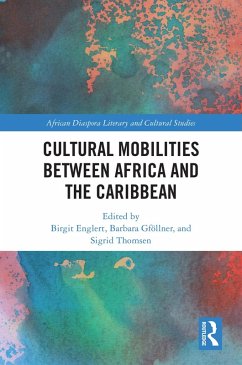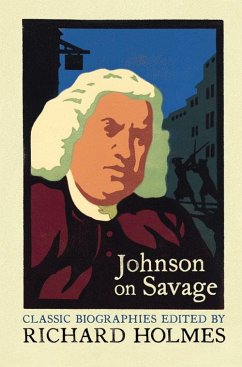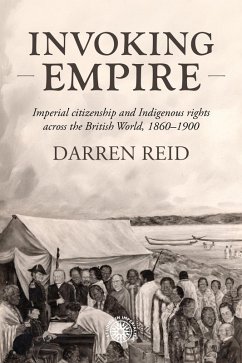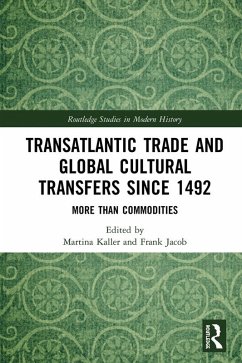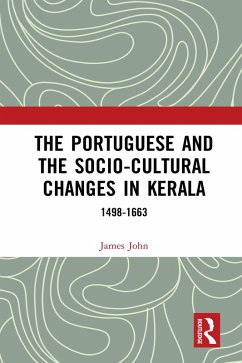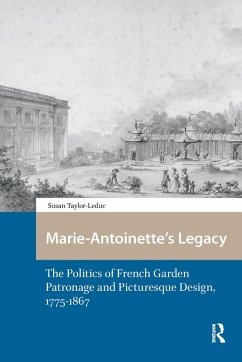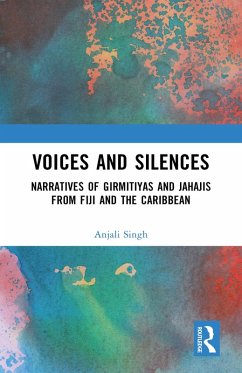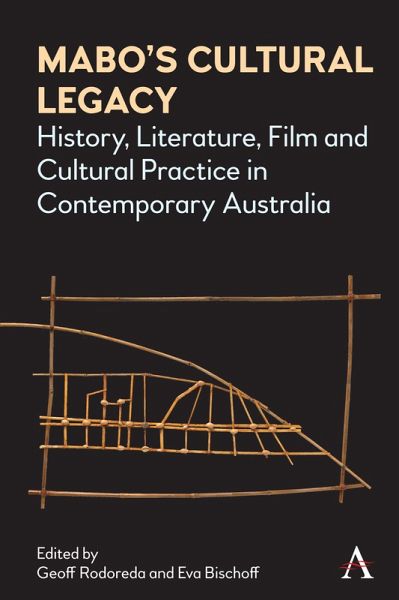
Mabos Cultural Legacy (eBook, ePUB)
History, Literature, Film and Cultural Practice in Contemporary Australia
Redaktion: Rodoreda, Geoff; Bischoff, Eva
Versandkostenfrei!
Sofort per Download lieferbar
29,95 €
inkl. MwSt.
Weitere Ausgaben:

PAYBACK Punkte
15 °P sammeln!
In June 1992 the High Court of Australia ruled in favour of a claim by a group of Indigenous Australians, led by Eddie Koiki Mabo, to customary, "native title" to land. In recognising prior Indigenous occupation of the continent, the Mabo decision shook the foundations of white Australia's belief in the legitimate settlement of the continent by the British. Indeed, more than any other event in Australia's legal, political and cultural history, the Mabo decision challenged previous ways of thinking about land, identity, belonging, the nation and history. Now, more than a quarter of a century af...
In June 1992 the High Court of Australia ruled in favour of a claim by a group of Indigenous Australians, led by Eddie Koiki Mabo, to customary, "native title" to land. In recognising prior Indigenous occupation of the continent, the Mabo decision shook the foundations of white Australia's belief in the legitimate settlement of the continent by the British. Indeed, more than any other event in Australia's legal, political and cultural history, the Mabo decision challenged previous ways of thinking about land, identity, belonging, the nation and history. Now, more than a quarter of a century after Mabo, this book examines the broader impacts of this ground-breaking legal decision on Australian culture and select forms of cultural practice. If Mabo represents a "psychological" turning point (Behrendt), a "paradigm shift" (Collins and Davis) in Australian historical consciousness, if we are meant to be living in "the age of Mabo" (Attwood) or in a "post-Mabo imaginary" (Gelder and Jacobs), how is this shift or this contemporary imaginary being reflected, refracted and articulated in Australian film, fiction, poetry, biography and other forms of cultural expression? To what extent has the discussion and the practice of history, linguistics, anthropology and other branches of the humanities been challenged or transformed by Mabo? While a number of individual studies have focussed on Mabo's impact on law, politics, film or literature, no single book provides an overview of the diverse impact and discursive influence of Mabo on various fields of artistic endeavour and cultural practice in Australia today. This book fills that gap in literary and cultural enquiry.
In considering the cultural legacies of the High Court's landmark decision this book also engages in a critical dialogue with Mabo and post-Mabo discourse. While a number of Indigenous Australians have benefited, legally and politically from the Mabo decision, the majority of Indigenous peoples have gained nothing, materially, from subsequent native title rulings. In honouring Eddie Mabo's achievement, then, the contributors also recognise that Indigenous sovereignty over the continent was denied by the High Court in Mabo, and that the struggle for the recognition of better and wider land rights recognition - indeed, of First Nations sovereignty, via a treaty, treaties or similar agreements - continues 'beyond' Mabo.
Keeping such an acknowledgement of Indigenous sovereignty in mind, this interdisciplinary book offers a transnational perspective of Mabo's cultural legacy by presenting the work of scholars based in Australia, continental Europe and the UK.
In considering the cultural legacies of the High Court's landmark decision this book also engages in a critical dialogue with Mabo and post-Mabo discourse. While a number of Indigenous Australians have benefited, legally and politically from the Mabo decision, the majority of Indigenous peoples have gained nothing, materially, from subsequent native title rulings. In honouring Eddie Mabo's achievement, then, the contributors also recognise that Indigenous sovereignty over the continent was denied by the High Court in Mabo, and that the struggle for the recognition of better and wider land rights recognition - indeed, of First Nations sovereignty, via a treaty, treaties or similar agreements - continues 'beyond' Mabo.
Keeping such an acknowledgement of Indigenous sovereignty in mind, this interdisciplinary book offers a transnational perspective of Mabo's cultural legacy by presenting the work of scholars based in Australia, continental Europe and the UK.
Dieser Download kann aus rechtlichen Gründen nur mit Rechnungsadresse in A, D ausgeliefert werden.




